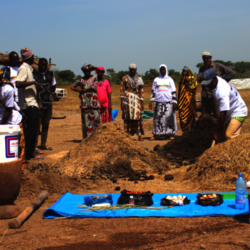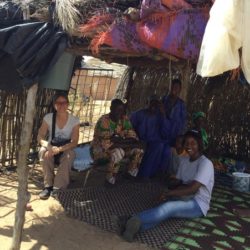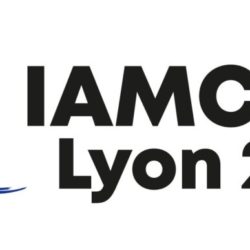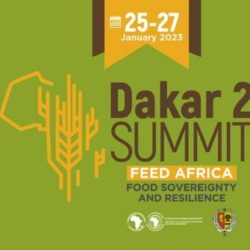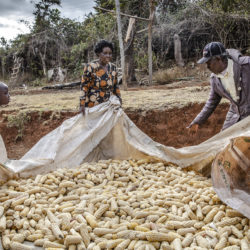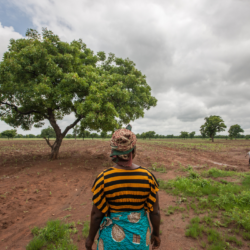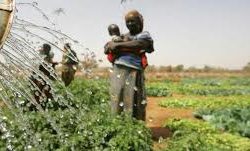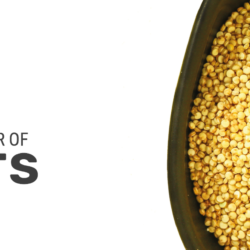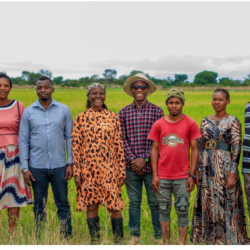Event Result: The dissemination of innovative technologies in Mali
After Senegal and Burkina Faso, the second event for disseminating innovative technologies was held in Mali from 17 to 21 October 2022. Several activities were on the programme: visits to test fields, training for drone pilots, and a farmers’ day, among others. In Mali, the plant Gliricidia Sepium is highly prized by farmers and is very effective in fertilising the soil and an excellent feed for livestock. However, not all

